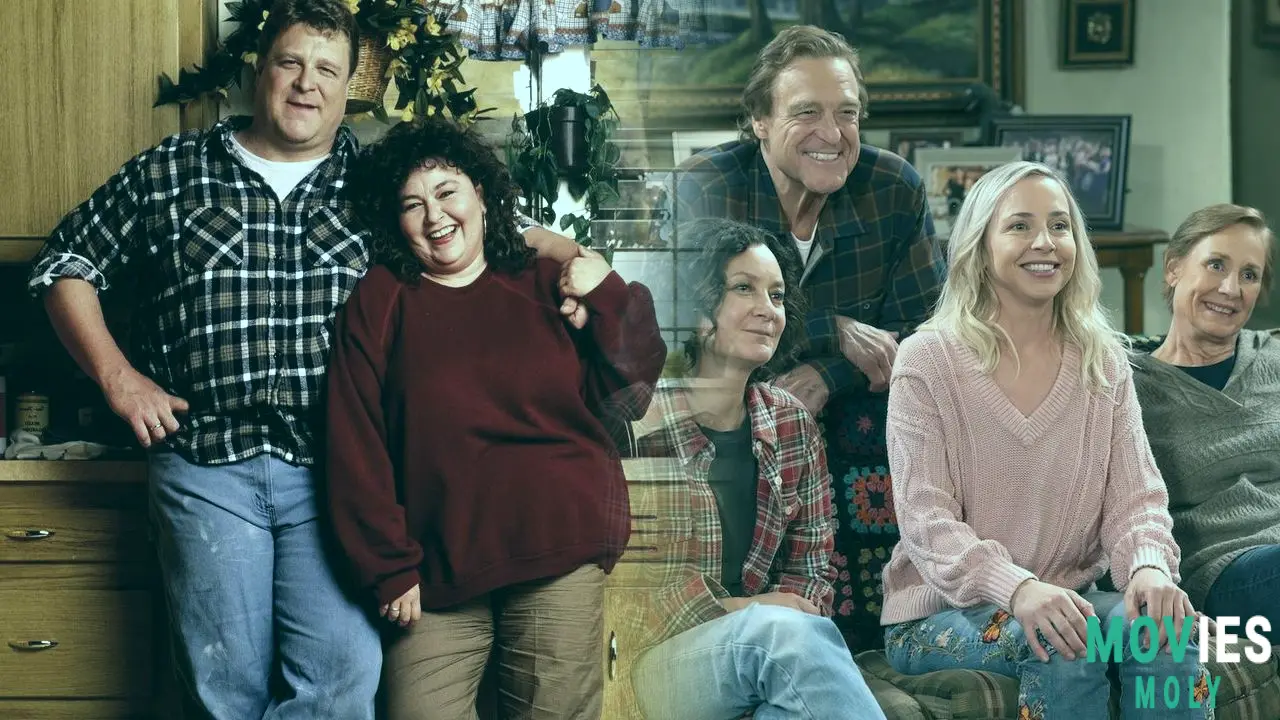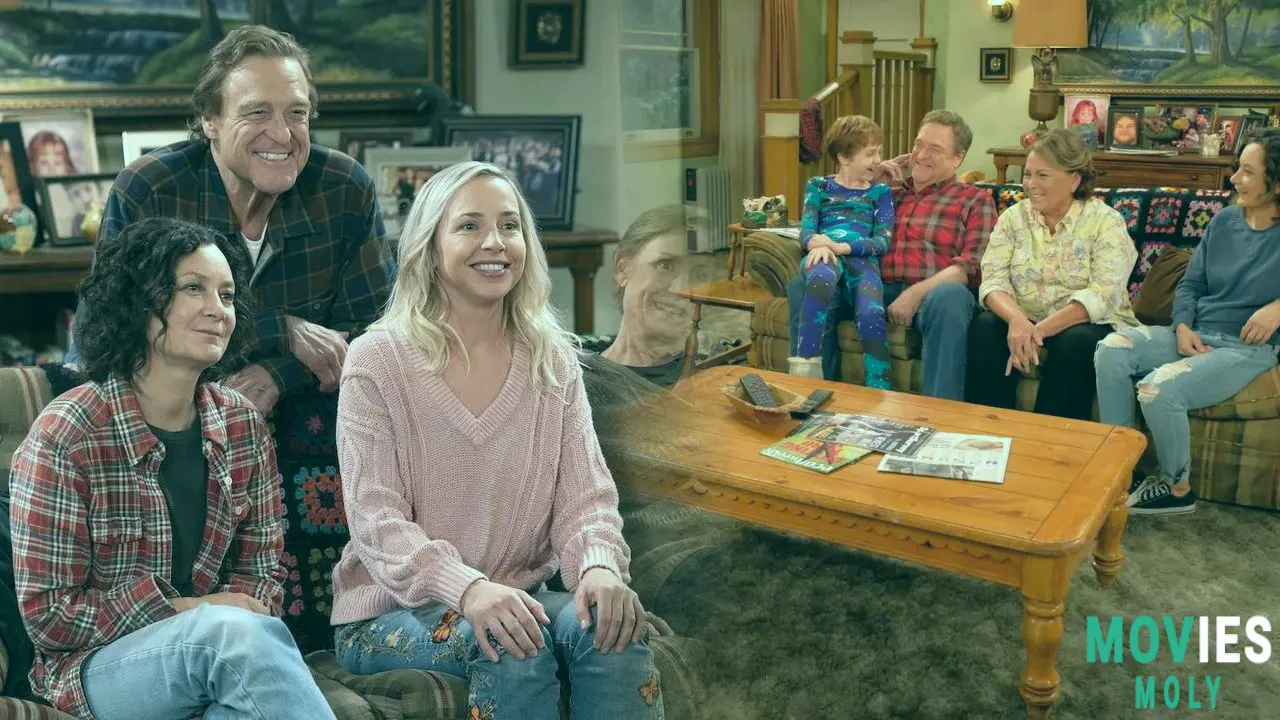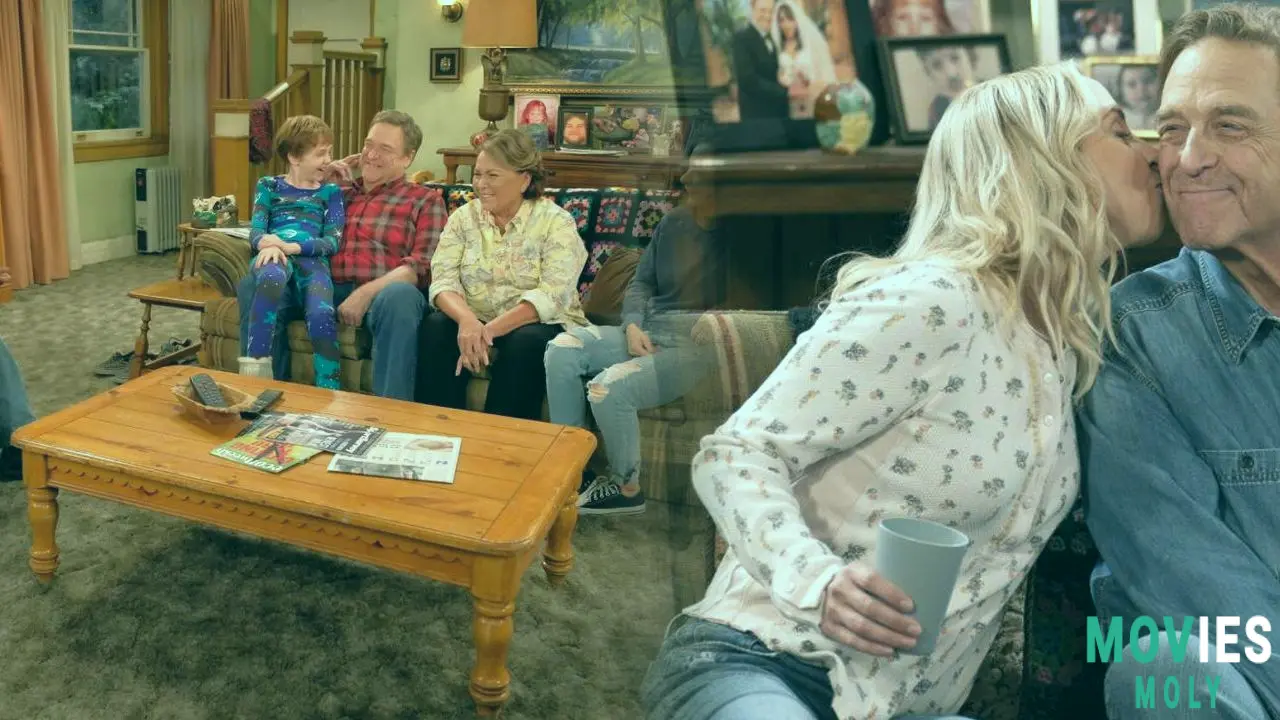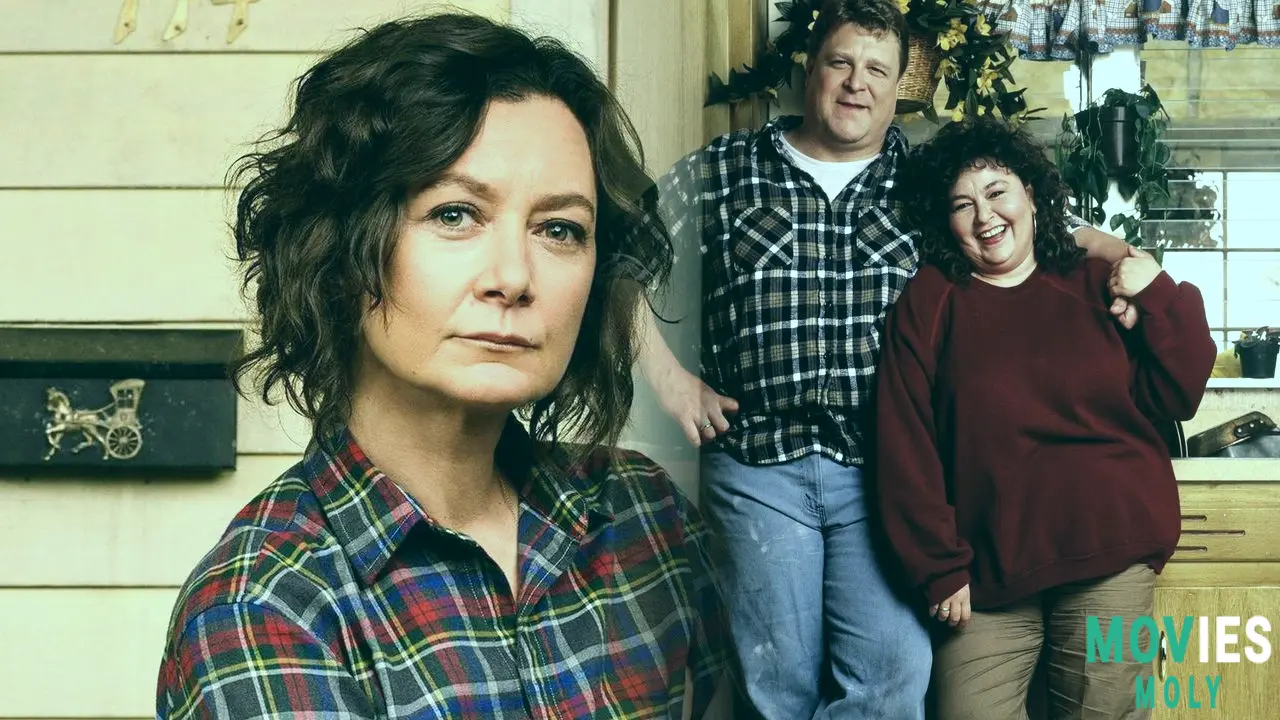By channeling emotion through humor and grounding itself in real American struggles, The Conners has transformed from a spin-off into one of TV’s most resonant family stories — and its final season is proof of that evolution.
With its final episode airing April 23 on ABC, The Conners is wrapping up a seven-season run that slowly but surely distanced itself from its controversial origins and Roseanne Barr’s larger-than-life persona. What remains is a show that, like a Marvel hero shedding an ill-fitting costume, has found its true identity in grit, heart, and unpolished honesty. And no character embodies that journey better than Dan Conner (John Goodman), whose emotional arc in the last season has unpacked years of silent suffering, especially in the wake of Roseanne’s death.
Dan Conner’s emotional breakthrough is a masterclass in subtle storytellingThe April 16 episode — one of the most emotionally charged of the final season — saw Dan gearing up for a deposition in a lawsuit over Roseanne’s overdose. But as his attorney Jean (Jane Lynch) painfully realized, Dan just couldn’t bring himself to get emotional about her death. He rehearsed lines, but they fell flat. He stuffed his feelings. It was an all-too-real portrayal of a man who’s spent decades holding up a family while hiding inside his own emotional bunker.
“I’m just not good at opening up,” Dan admits to Darlene (Sara Gilbert) and Becky (Lecy Goranson). In a moment that cut through the sitcom veneer, Dan confesed he drinks to access his feelings — only to lose them in the process. It’s a heartbreaking cycle, and one that felt true to the character’s lifelong coping mechanisms. But not Jean. In a poignant final gambit, she gets Dan drunk and sings “Danny Boy” with Jackie (Laurie Metcalf). And finally, Dan breaks down. Not with a sob storm, but with quiet, aching tears. It was emotional realism at its finest, and a powerful send-off for a character who’s rarely cried on screen.
Seven seasons later, The Conners has become a mirror to middle America

“It’s deep in our soul,” Sara Gilbert said on set about saying goodbye to the show. And that soul — forged over decades of working with the same cast and crew — is what made The Conners more than just Roseanne’s spinoff. It became a reflection of working-class America, grappling with issues like addiction, mental health, economic strain, and grieving—all while managing to elicit genuine laughter.
“There’s not enough representation of families struggling to get by,” Gilbert explained. “And when there are, the sets look too fancy or the people look too fancy.” That’s the magic of The Conners. It’s not glamorous. It’s not polished. It’s a family in a small town trying to make it through the week. And viewers saw themselves in that.
Becky (Goranson) and Darlene’s (Gilbert) comments about the show’s balance between comedy and drama hit the mark. This wasn’t sitcom fluff. This was showmanship — like when a Fast & Furious film sneaks in a monologue about family that's actually meaningful. The Conners did that with every episode.
Even without Roseanne, the show never stopped evolving — or honoring her legacy

After Roseanne Barr’s departure and the subsequent creation of The Conners, the writers faced the monumental task of addressing her absence. And they did so not by erasing her, but by humanizing her — through the family's grief, through legal battles, and through memories that both comforted and haunted them. Roseanne’s character may have been written off through an overdose, but the show never exploited that plot point. Instead, it gave it weight, scrutiny, and space for the characters to truly mourn.
Ironically, Barr herself doesn’t watch the show anymore. She has called the decision to kill off her character a message to her, and says she can’t bear watching it. But for the cast and crew, especially Goodman and Gilbert, the show’s progression without her has been about growth, not spite. It’s about moving forward — much like the Jurassic Park franchise did when it embraced new characters and stories beyond the original cast.
The finale isn’t just an end — it’s a celebration of a family that became America’s through seven seasons

Jackie preparing for physical tests, Darlene grappling with her marriage, Becky and Tyler pondering their future — these aren’t just plot points. They’re life moments. Moments that fans have lived with for years. And as Ellis digs deeper into Daniel’s death, and Max goes undercover at a jazz club, the show ties up its threads not with a bang, but with the steady rhythm of a family that keeps moving forward.
Like a hidden Easter egg in a Marvel movie that changes how you see the entire universe, the final season of The Conners reframes what a sitcom can be. It’s not about punchlines. It’s about punch-to-the-gut honesty delivered with love. It's about a family that, despite everything, still sticks together.
And that’s the real hero of The Conners.




